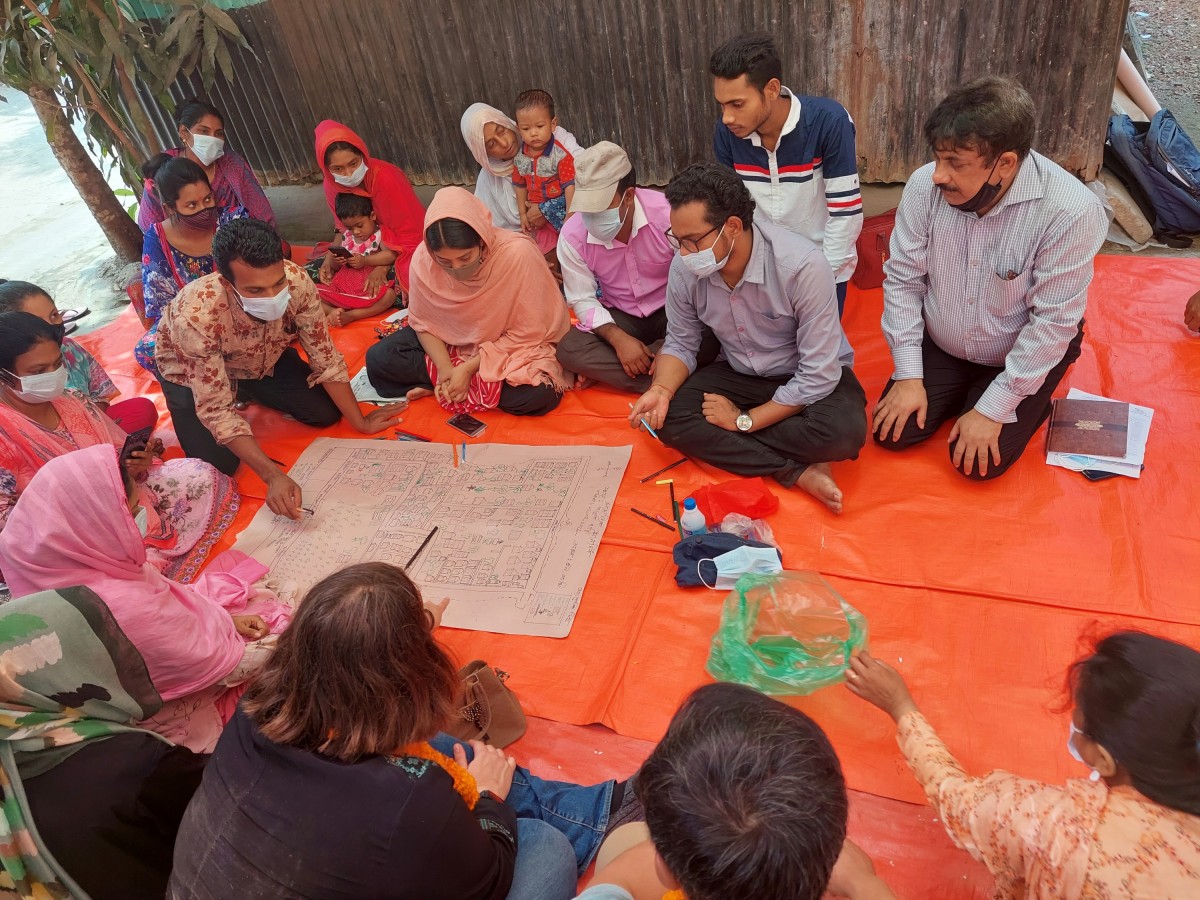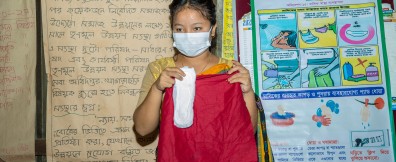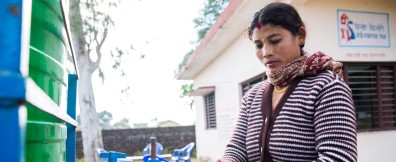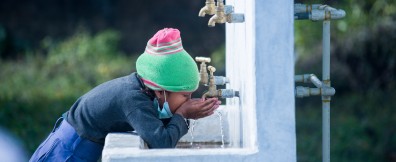WASH SDG: this is how building effective coalitions contributed to system change
Bangladesh is one of the countries that is not on track to reach SDG6 for water and sanitation. The successful WASH SDG WAI sub-programme led by Simavi shows how effective coalitions for change were built.

Simavi collaborated with The Broker, an independent knowledge brokering organisation in the field of sustainable international development, on the report Access to Safe Water and Sanitation for All. The goal was to identify the best practices and approaches for driving change in the WASH SDG WAI sub-programme in Bangladesh. The report offers a detailed view of system change in action.
Significant and sustainable change is rarely the result of individual action. And this is very much true for the WASH sector. There are many different actors and factors at play. This means that different actors in the system have to get together and collaborate. Getting the right people together can be very challenging, but within the WASH SDG sub-programme in Bangladesh the following three examples proved successful.
Building coalitions between citizen committees and influential community members
In Bangladesh, policymaking and budgeting for the WASH sector traditionally took place behind the closed doors of local government. There was little to no dialogue with citizens about the details. Plans and budgets predominantly reflected the ideas of local government institutions while those segments of society with the largest influence and access to local government officials were most likely to have their concerns addressed.
The majority of citizens did not feel included. They only saw the final outcomes, which were often disappointing, giving rise to distrust. No system change was about to happen without building new coalitions, willing to effectively cooperate. For this purpose local partners DORP and Uttaran supported the creation or reactivation of more than 200 WASH citizen committees to engage with the union parishad and municipality about WASH governance issues.
But just mobilising the most underrepresented communities to engage and lobby local government officials will have little impact when their demands consistently fall on deaf ears. It works much better to pro-actively link up the underrepresented groups with more powerful and influential members of the community, such as education professionals, businesspeople or former government officials. The local partners, with strong connections throughout the community, were able to identify those with influence and power who also had an interest in improved WASH governance for underrepresented groups. Thus, powerful coalitions capable of lobbying for their most pressing needs, like having municipal resources dedicated to public toilets, were built.
Building coalitions between entrepreneurs to engage local governments
Another example of the importance of coalitions comes from the work of Hope for the Poorest (HP) with local WASH entrepreneurs. HP supported the creation of WASH small business and cooperative associations, assembling all WASH-sector entrepreneurs in a given municipality. And they did the same for female WASH entrepreneurs. Without such joint structures, each individual entrepreneur would be left to themselves to engage with the municipality on issues that are needlessly constraining their operations.
The cooperative associations created with the support of HP are platforms for WASH entrepreneurs to meet, learn and support each other. Just like in the case of WASH Citizen Committees, getting together to raise concerns collectively is much more effective. It is also positive from the government’s perspective; rather than having to deal with many actors individually, it can engage with the association. This saves a lot of time and political manoeuvring.
The programme led to the creation of 10 WASH small businesses and cooperative associations in different towns and cities. Through coaching and regular meetings, HP provided support to the associations to establish clear internal processes in order to ensure that the associations will be able to operate independently in the long-term. The video below tells the story of how Jesmin Ara started her WASH business in the Satkhira District in Bangladesh.
Building coalitions to lobby central governments
A final example, this time at the national level, comes from the policy advocacy work of WaterAid Bangladesh (WAB). In 2020, the government adopted a revised Pro-Poor WASH Strategy that included, among other things, a generous subsidy for WASH services for the poorest and marginalised groups of society. The creation of a coalition uniting a wide range of different stakeholders was essential in order to reach this outcome.
There are many stakeholders with a general interest in pushing for a pro-poor WASH strategy, including many different national and international NGOs, multilateral organisations such as UNICEF, academic researchers and others. Each of them, however, has their own points of emphasis. When they all lobby the central government separately, using their own contacts and points of entry, a successful and coherent end result is unlikely. As a result, the creation of synergies and alignment between the different actors is vital, but also requires a lot of work.
WAB was actively involved in forming a working committee as a way to get actors around the table to seek alignment. Sometimes, this required individual organisations to compromise on the inclusion of detailed issues of their particular interest in order to reach a feasible joint advocacy strategy. In this case, alignment was achieved, which played an important role in shaping coherent engagement with the national government. The end result was the development and adoption of a coherent and widely supported pro-poor WASH Strategy.
Read the full report Access to Safe Water & Sanitation for All: Best Practices and Approaches from the WASH SDG WAI Sub-Programme in Bangladesh below:





